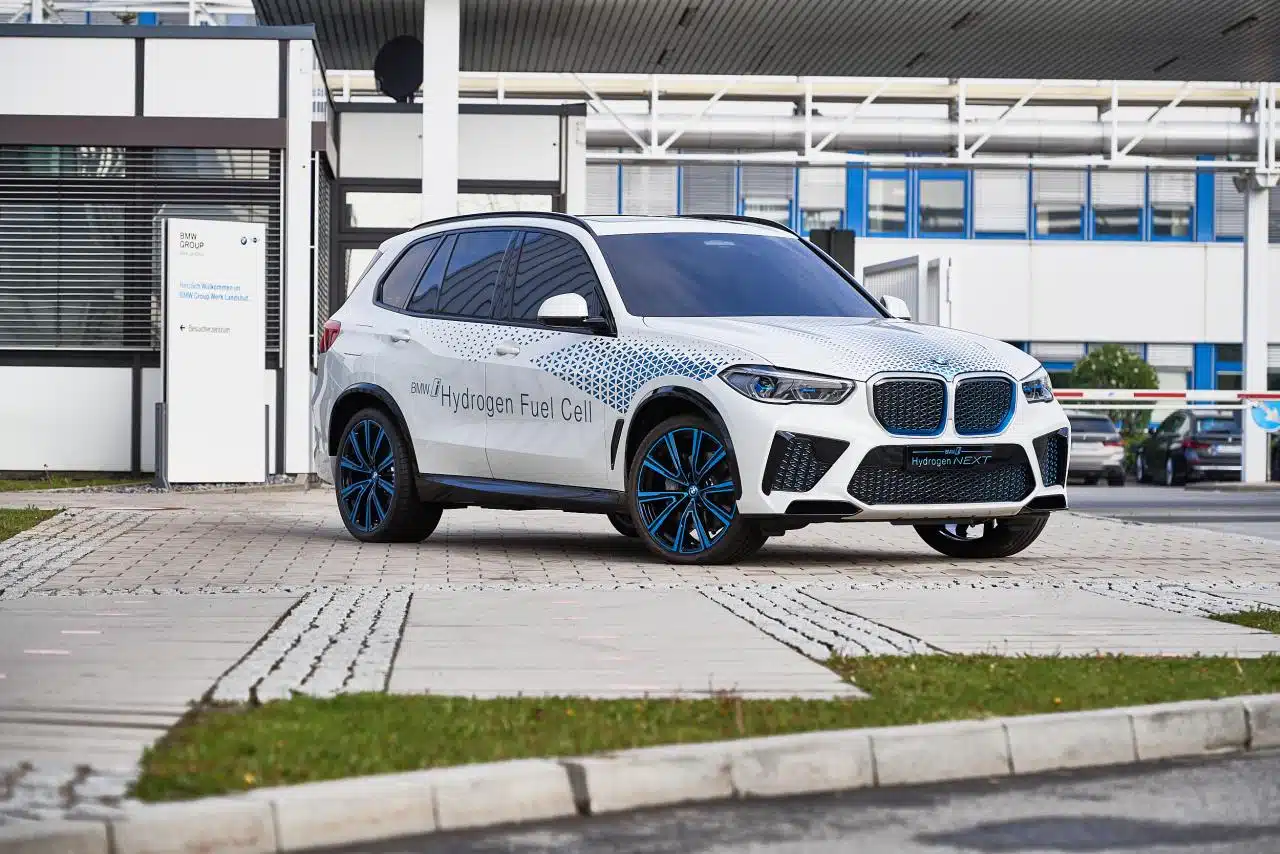BMW and Dekra: Hydrogen will become an important drive type
BMW is one of the most zealous advocates of openness to technology - and is deliberately backing a broad mix of classic combustion engines, plug-in hybrids, electric cars and, in future, hydrogen cars.
The introduction of a hydrogen car like the iX5 Hydrogen and sales in small numbers is possible from 2025, the manufacturer says. In the future, BMW boss Oliver Zipse even expects "hydrogen to be the hottest type of drive", as he said in an interview with Bloomberg.
"After the electric car, which has been on the rise for about ten years and is spreading rapidly, the next trend will be hydrogen," the BMW boss said. Crucially, he said, the technology will become more scalable and therefore cheaper. The drive system would also fit in well with BMW subsidiary Rolls-Royce, as CEO Torsten Müller-Ötvös hinted: "Why not? I would not rule it out. There is a conviction within the group that this is perhaps the long-term future."
Zipse believes that relying on a single type of propulsion is dangerous: "For customers, for industry, for employment, for the climate, from every point of view, this is a dangerous path," the BMW boss said.
According to Stan Zurkiewicz, head of the testing organisation Dekra, the infrastructure in Germany is not yet sufficiently prepared for hydrogen as an energy carrier. According to the Deutsche Presse-Agentur, hydrogen is "a highly explosive chemical" that also "attacks the containers in which it is transported very aggressively". As a result, the materials could become brittle and gas could escape. This still stands in the way of the widespread use of hydrogen.
To transport the hydrogen from its production site to the end users, natural gas pipelines must be converted. Some think that this would be possible within a short time and with comparatively little effort. Dekra warns against this, however, saying it is unclear whether the existing infrastructure can cope with the chemical properties of hydrogen. "I would say not yet," Zurkiewicz says. He says it is up to car manufacturers and other industries that want to use hydrogen as an energy source to address the issue.
But Zurkiewicz, like Zipse, also believes that hydrogen will play a decisive role in the energy and drive system turnaround, despite some challenges: "In the commercial vehicle sector for long-distance transport, hydrogen will probably be the dominant technology," says the Dekra boss. He estimates that the development of hydrogen technologies for mobility suitable for widespread use lags behind that of battery technologies by about ten years.
Dekra is currently working with BMW on the development of the small prototype series of the iX5 Hydrogen to address these very challenges. In principle, however, according to Dekra, hydrogen-powered vehicles are just as safe as internal combustion vehicles that run on petrol or diesel.
